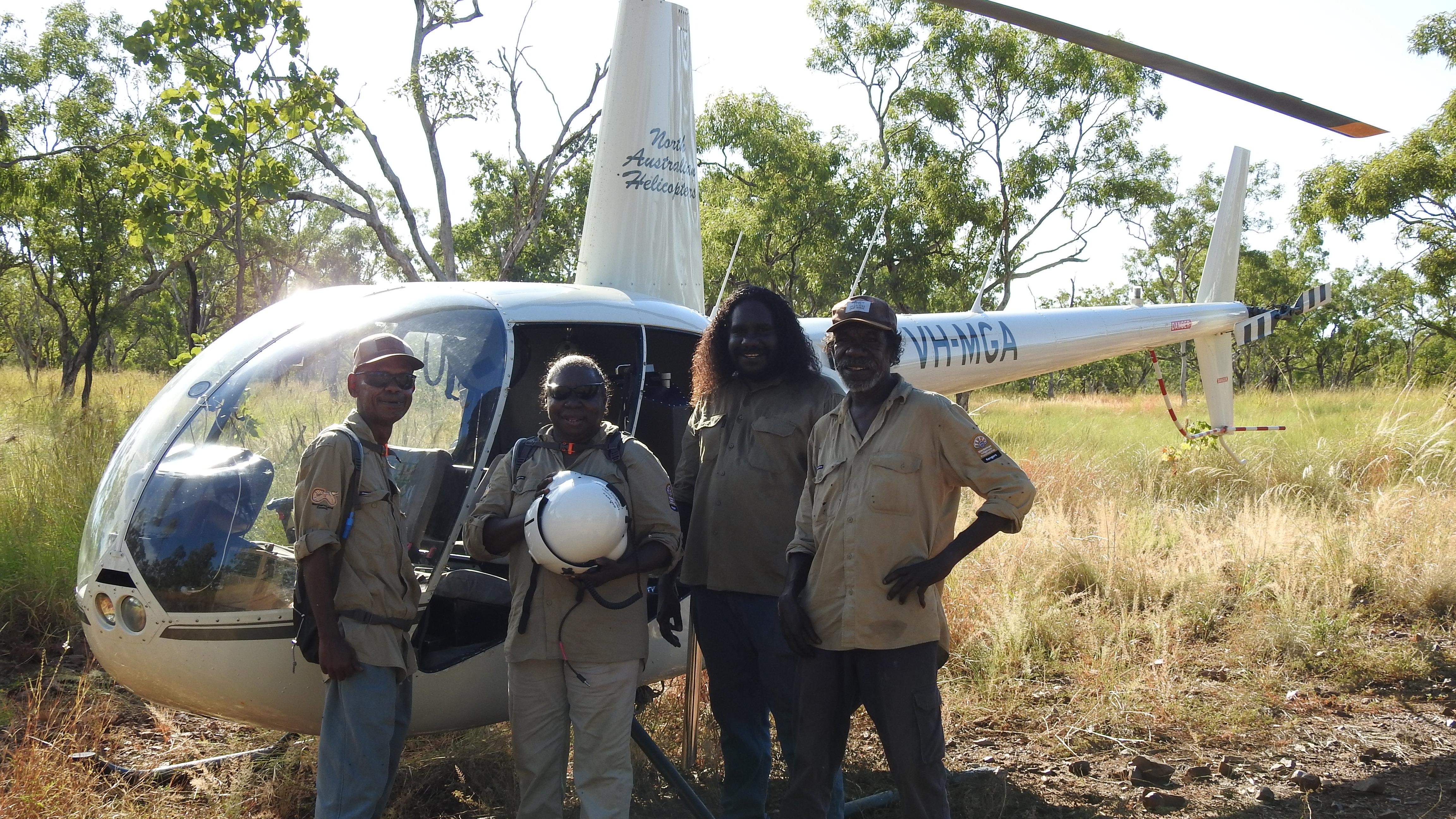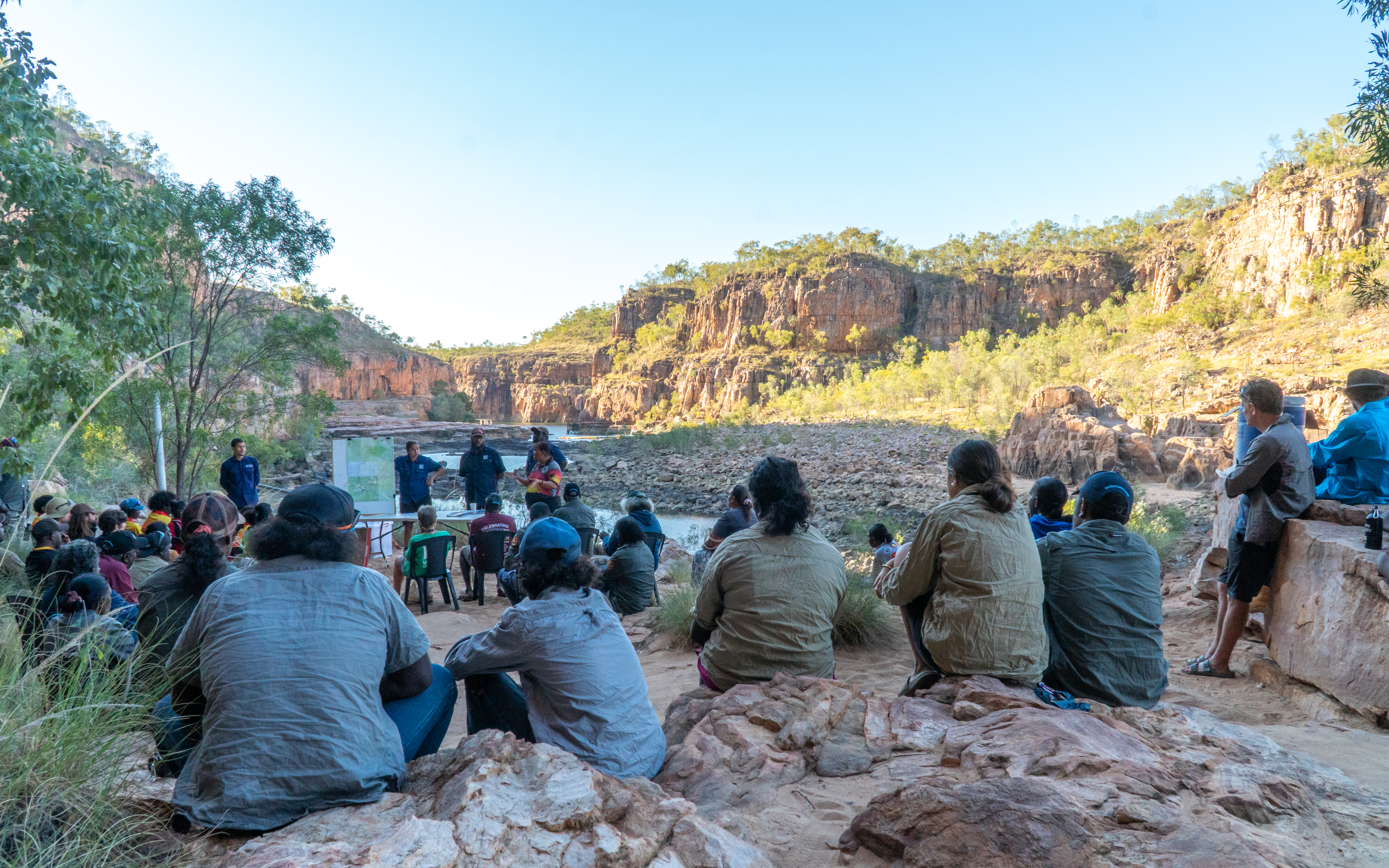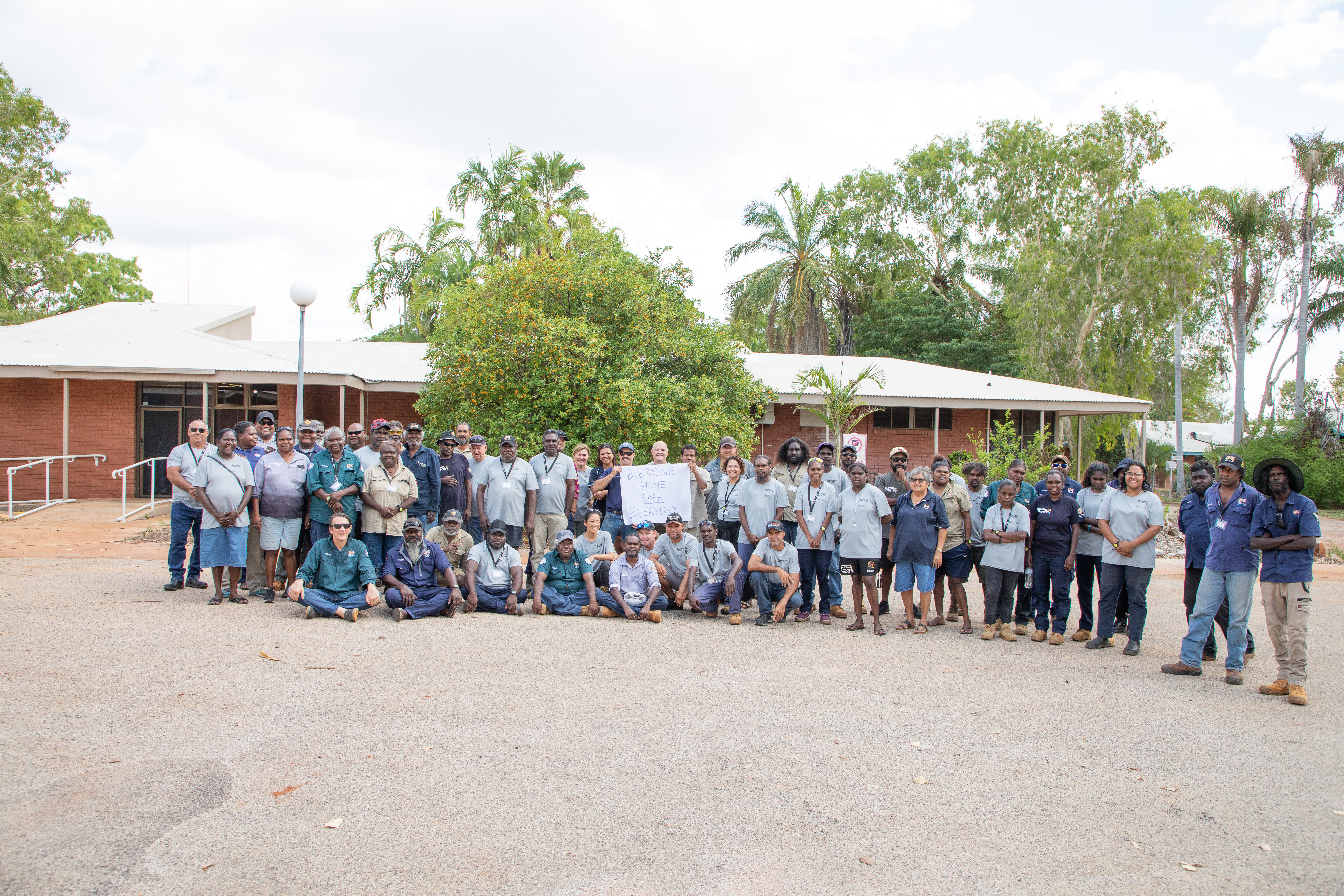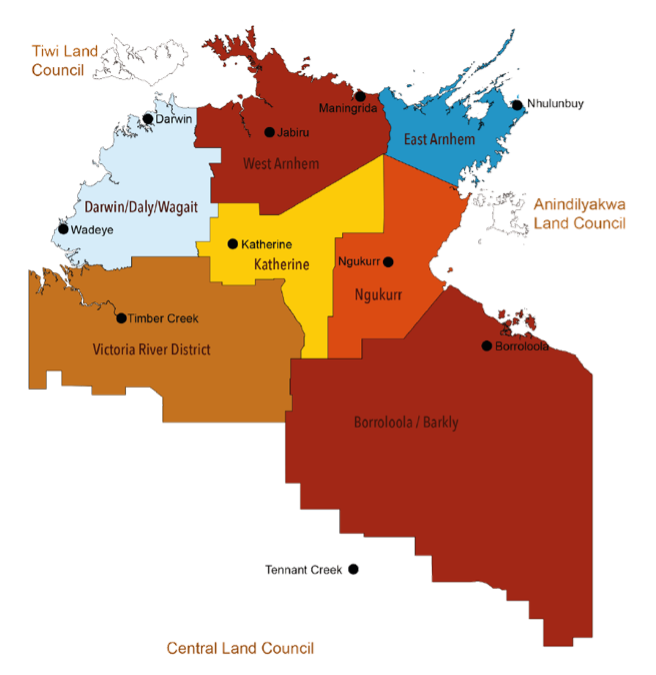About the Northern Land Council (NLC)
The NLC is an independent statutory authority of the Commonwealth. It is responsible for assisting Aboriginal peoples in the Top End of the Northern Territory to acquire and manage their traditional lands and seas.
Key constituents of the NLC are Traditional Owners and the residents on Aboriginal lands. About 51,000 Aboriginal people live in theNLC region. The large majority of the NLC's constituents (some 75 per cent or 38,500 people) are residents in regional and remote locations.
Our Role
The most important responsibility of the NLC is to consult with Traditional Owners and other Aboriginal peoples with an interest in affected land. Traditional Owners must give informed consent before any action is taken which affects their lands and seas.
To guide us in performing our primary role, the Northern Land Council has a number of statutory obligations under Aboriginal Land Rights Act ALRA which include:

- • To ascertain and express the wishes of Aboriginal peoples about the management of their land and legislation about their land.
- • To protect the interests of Traditional Owners of, and other Aboriginal people interested in, Aboriginal land.
- • To assist Aboriginal peoples to protect sacred sites, whether or not they are on Aboriginal land.
- • To consult Traditional Owners and other Aboriginal peoples interested in Aboriginal land and land under claim.
- • To negotiate on behalf of Traditional Owners with peoples interested in using Aboriginal land or land under claim.
- • To assist Aboriginal peoples to carry out commercial activities.
- • To assist Aboriginal peoples claiming land and, in particular, arrange and pay for assistance for them.
- • To keep a register of Land Council members and members of Aboriginal Land Trusts and description s of Aboriginal land.
- • To supervise and assist Aboriginal Land Trusts.
- • Attempt to conciliate disputes between Aboriginal peoples regarding land matters.
- • Hold in trust and distribute to Aboriginal associations statutory payments from the Aboriginals Benefits Account to communities affected by mining operations and income received on behalf of landowners under negotiated agreements.
- • Process applications for permits to enter Aboriginal land.
- • Any other functions as prescribed.

Our Values
- • To ascertain and express the wishes of Aboriginal peoples about the management of their land and legislation about their land.
- • To protect the interests of Traditional Owners of, and other Aboriginal people interested in, Aboriginal land.
- • To assist Aboriginal peoples to protect sacred sites, whether or not they are on Aboriginal land.
- • To consult Traditional Owners and other Aboriginal peoples interested in Aboriginal land and land under claim.
- • To negotiate on behalf of Traditional Owners with peoples interested in using Aboriginal land or land under claim.
- • To assist Aboriginal peoples to carry out commercial activities.
- • To assist Aboriginal peoples claiming land and, in particular, arrange and pay for assistance for them.
- • To keep a register of Land Council members and members of Aboriginal Land Trusts and description s of Aboriginal land.
- • To supervise and assist Aboriginal Land Trusts.
- • Attempt to conciliate disputes between Aboriginal peoples regarding land matters.
- • Hold in trust and distribute to Aboriginal associations statutory payments from the Aboriginals Benefits Account to communities affected by mining operations and income received on behalf of landowners under negotiated agreements.
- • Process applications for permits to enter Aboriginal land.
- • Any other functions as prescribed.
Our Employees
We currently have around 300 full and part time employees as well as several hundred casual employees. Around 190 of those are based in the Darwin head office with the remaining employees based in regional areas.

Our regions
The NLC is divided into 7 distinct regions and Council members represent their communities on Regional Councils as well as at Executive and Full Council Meetings.
- • Darwin / Daly / Wagait
- • West Arnhem
- • East Arnhem
- • Katherine
- • Victoria River District (VRD)
- • Ngukurr
- • Borroloola / Barkly
